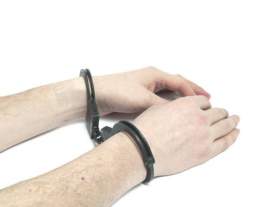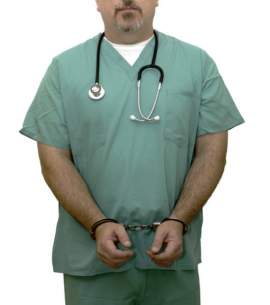
Grand Jury

What is a Grand Jury?
A grand jury is a formal institution of advanced legal systems. In the United States, the grand jury was formally established through the creation of the Fifth Amendment to the Constitution. The formation of the grand jury is a codified practice of common law. At its roots, the grand jury is supposed to function like a body of neighbors to help the state and society by bringing criminals to justice, while at the same time, protecting the innocent from unjust accusations.
In the federal system, the grand jury is employed to decide whether someone should be formally charged (indicted) for a serious crime. The grand jury may only evaluate evidence presented by the prosecutor—a specialized attorney of the United States government.
In the U.S., the majority of states use the grand jury to indict—only the District of Columbia, Connecticut and Pennsylvania do not implement the formation.
A grand jury is a group of common citizens, typically chosen from the same pool as trial jurors. Members of a grand jury are sworn by a court to hear a case. A grand jury is always composed of no less than 12 and no more than 23 people; in a federal court, the number is no less than 16 and no more than 23.
How does a Grand Jury Differ from a Trial Jury?
Unlike a trial jury—which operates under the unanimous system--a grand jury can indict a defendant with a majority vote. Moreover, trial juries will decide whether a defendant is guilty or not guilty of the crime in question, whereas, a grand jury will listen to evidence and decide if a suspect should be charged with a crime. As a result, the grand jury is responsible for determining probable cause, and not “innocence” or “guilt.”
Because the grand jury’s primary responsibility is to determine probable cause, the body will not hear all the evidence or conflicting arguments associated with the case. The information provided to the grand jury is delivered by the prosecutor; this individual must present conflicting evidence for the grand jury to accurately determine probable cause. The suspect’s lawyers (the defense team) are not allowed to be present during this evaluation process. The defense team cannot present evidence, but may consult with witnesses outside the courtroom.
A grand jury will use the power of the court system to command (through the issuance of a subpoena) the delivery of evidence. Furthermore, the grand jury may invite witnesses to provide testimonies to the body.
The prosecutor is responsible for running the proceedings; there is no judge present during this exchange of evidence and information.
NEXT: Jury Duty

















